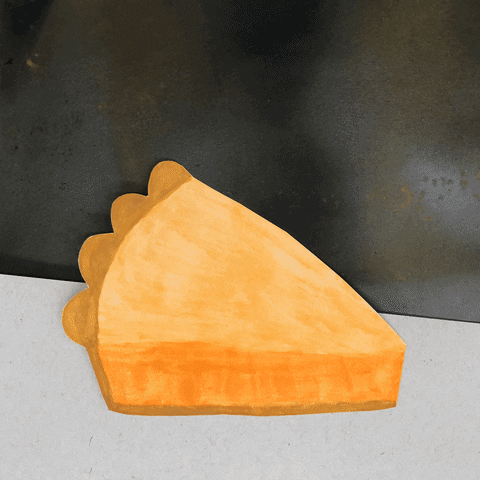Summary
PieDAO is a decentralized autonomous organization governing tokenized portfolio allocations. The DAO is focused on bringing market accessibility and economic empowerment to anyone with an internet connection through tokenized asset allocations. These ETF products known as PIEs are collectively governed by DAO members. DOUGH token holders are the DAO’s decision-makers and will be incentivized via a revenue stream from generated fees.
Proposal
Add support for the following assets as a PieDAO secondary market on Aave
| # | Asset |
|---|---|
| 1 | DEFI+L - DeFi Large Cap Pie |
| 2 | DEFI+S - DeFi Small Cap Pie |
| 3 | DEFI++ - DeFi Pie |
| 4 | BCP - Balanced Crypto Pie |
| 5 | YPIE - Yearn Ecosystem Pie |
| 6 | DOUGH - PieDAO governance token |
| 7 | ETH |
| 8 | WBTC |
| 9 | USDC |
| 10 | USDT |
| 11 | DAI |
| 12 | sUSD |
$DeFi+L, $DeFi+S, $DeFi++, $BCP and $YPIE are Pies governed by PieDAO and represented by ERC20 tokens, providing exposure to the best projects of the DeFi ecosystem. Each underlying asset allocated in these Pies is fully collateralized, meaning that holding these Pies provides complete ownership of the underlying assets represented, ensuring the risk mitigation of a diversified index fund through a convenient single token.
Pies are generally modelled following our own Correlated Risk-Adjusted Market Cap methodology, which weigh each underlying asset’s allocation starting from its 30 Day Average Circulating Market Cap. A % max allocation is recursively selected through stress tests run to avoid possible scaling bottlenecks.
Additionally allocations may be averaged through the computation of a Sentiment Score, assessing each underlying asset’s merits in Innovation, Functionality to the DeFi Ecosystem and Growth Potential. This process is more extensively covered here
PieDAO recently introduced PieVaults, a new product range that can productively use the underlying assets across DeFi protocols. PieVaults maximise productivity and unlock multiple additional benefits for their holders such as Meta-governance, Lending Bouncing and Native Staking. Multiple strategies can be employed, e.g. lending one asset while staking another.
With Meta-Governance the DOUGH token is becoming a passport for governance across the entire DeFi ecosystem, with holders able to vote gas-free via Snapshot.
Our full proposal can be found here, including an extensive risk analysis for each of the asset proposed, to better highlight for each Pie:
- the correlation of its underlying constituents through a Correlation Matrix
- their Equal Risk, assessing the assets’ covariance and overall Pie standard deviation as a measure of its risk, also highlighting the Marginal Contributions to Risk (MCTR) of each underlying asset to the Pie’s overall risk.
Audits
Full audits were performed by Quantstamp & MixBytes. Details here.
 Would love to see this happen!
Would love to see this happen!
